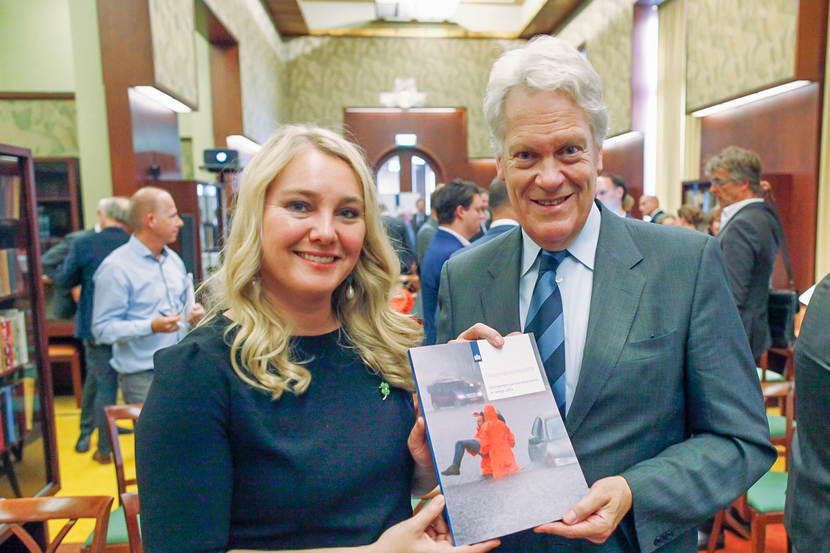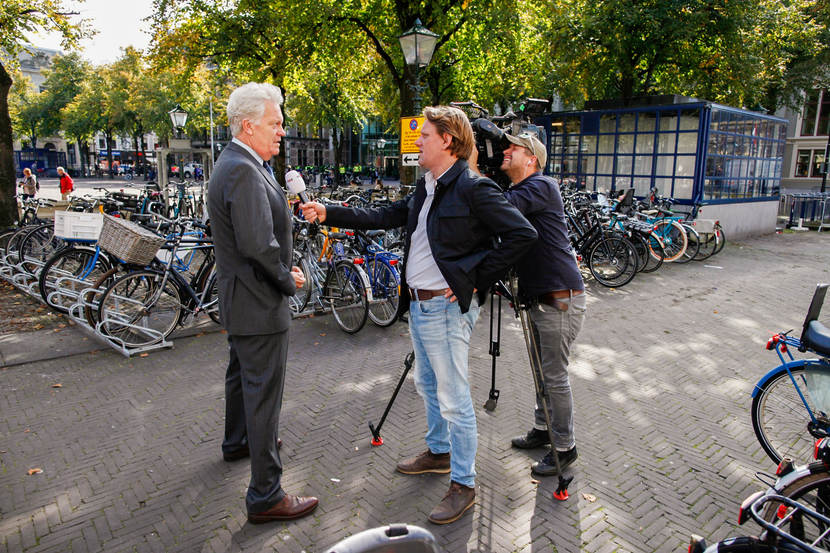Delta Programme 2018, measures to reduce the impact of extreme weather
In order to minimise the impact of waterlogging, heat, drought, and urban flooding, this year’s Delta Programme is the first to comprise a new Delta Plan on Spatial Adaptation. The implementation of this new Delta Plan requires substantial additional funds annually.

The Delta Plan on Spatial Adaptation features a systematic approach at the local and regional levels. By no later than 2019, all the municipalities will conduct a stress test in their own region, in collaboration with the provinces, the district water boards, and the national government. Such stress tests will provide insight into the vulnerabilities to weather extremes, enabling the authorities to subsequently take appropriate measures. Spatial adaptation must become an automatic element in all the physical interventions carried out in our country.
The Netherlands is faced with major taskings in the fields of flood risk management, freshwater availability, and climate-proof spatial planning. The Delta Programme 2018 (alternative: PDF) is the first to report on the progress made on the basis of the “Monitoring – Analysing – Acting” method. This method involves the Delta Programme closely monitoring whether external developments – for example, relating to the climate or socio-economic conditions – constitute any reason for changing course, or confirm that the Delta Programme is still on the right track.
Currently, the Delta Programme is well on schedule. However, additional effort is required to render the spatial planning of the Netherlands climate-proof and water-resilient in good time. New scientific insights from the Royal Netherlands Meteorological Institute KNMI show that the increase in precipitation during peak downpours may possibly occur at a faster rate than has been assumed in the delta scenarios up until now. This adds to the urgency of the Delta Plan on Spatial Adaptation.
Another conclusion is that the sea level could possibly rise more rapidly than predicted. Next year, the Delta Programme 2019 will map out the potential impact of an accelerated sea level rise in more concrete terms.

In order to continue to make sufficient headway with the Delta Programme, the Delta Programme Commissioner has set down two other financial recommendations, in addition to his recommendation to add a substantial sum annually to the Delta Fund, to be used for the implementation of the Delta Plan on Spatial Adaptation. He recommends that the national government and the other Delta Programme partners set aside a substantial amount for river widening, thus contributing to the continuation of the successful Room for the River programme. He also recommends that sufficient resources be set aside in the Delta Fund in the period from 2022 up to and including 2027 for the second round of freshwater supply measures.